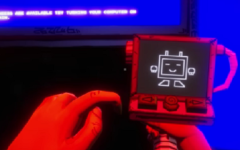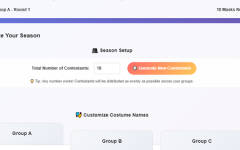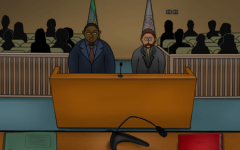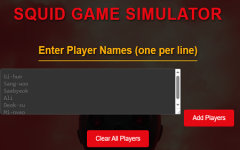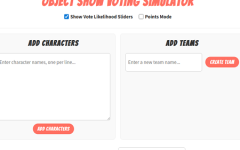Advertisement
Dispatch
Advertisement
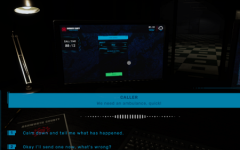
Dispatch places the player in the role of Robert Robertson, a former hero forced into a desk job within the Superhero Dispatch Network (SDN) after his mech-suit is destroyed. The setting is an alternate Los Angeles where superheroes and supervillains are common. The player must manage field missions, character relationships and office-style dilemmas, blending narrative adventure with team management. The game structure is episodic, letting the player make choices that affect dialogue, outcomes and team composition.
Gameplay Mechanics And Team Management
The gameplay divides between narrative segments and mission assignments. The player selects team members for each call-out based on their traits and statistics, then watches events unfold through cinematic sequences. The player can influence which hero goes to which incident, manage cooldowns, choose upgrades and decide how to respond in dialogue. In the middle of this structure the player handles:
- Checking hero stats and selecting the right team for each mission
- Assigning heroes to field missions and monitoring their performance
- Making dialogue decisions that influence relationships and narrative paths
These mechanics intersect to create a loop of strategy, narrative and choice.
Narrative Structure And Episode Format
Dispatch is released in eight episodes, each adding to the story of Robert and his team, the Z-Team, a group of former villains-turned-heroes. The plot explores themes of redemption, loyalty and identity as the player makes choices that shape character arcs. Episodes progress at a measured pace, with both comedic and serious moments. Each mission, team interaction and dialogue decision contributes to how characters grow and how plot threads resolve. The game emphasises story over action, offering a format similar to an animated series with interactive elements.
Strategy And Decision Making
Success in Dispatch depends on observing how team members interact, selecting appropriate heroes and considering long-term consequences of dialogue choices. The player may opt to strengthen relationships with certain characters, unlock back-stories or guide team morale. Timing matters when assigning heroes to urgent calls versus letting them recover. The mission assignment phase tests judgment and resource allocation, while the narrative segments test how the player handles interpersonal dynamics and branching paths.
Replay Value And Presentation
Dispatch offers replay value through its branching narrative, multiple team compositions and dialogue options. Because each episode can unfold differently depending on earlier choices, players may return to explore alternate storylines or uncover hidden character developments. The presentation draws on full voice-acting, animated sequences and a cast of known performers, creating a cinematic feel. The episodic delivery encourages repeated play sessions across story arcs rather than single one-time playthroughs.






















































































































